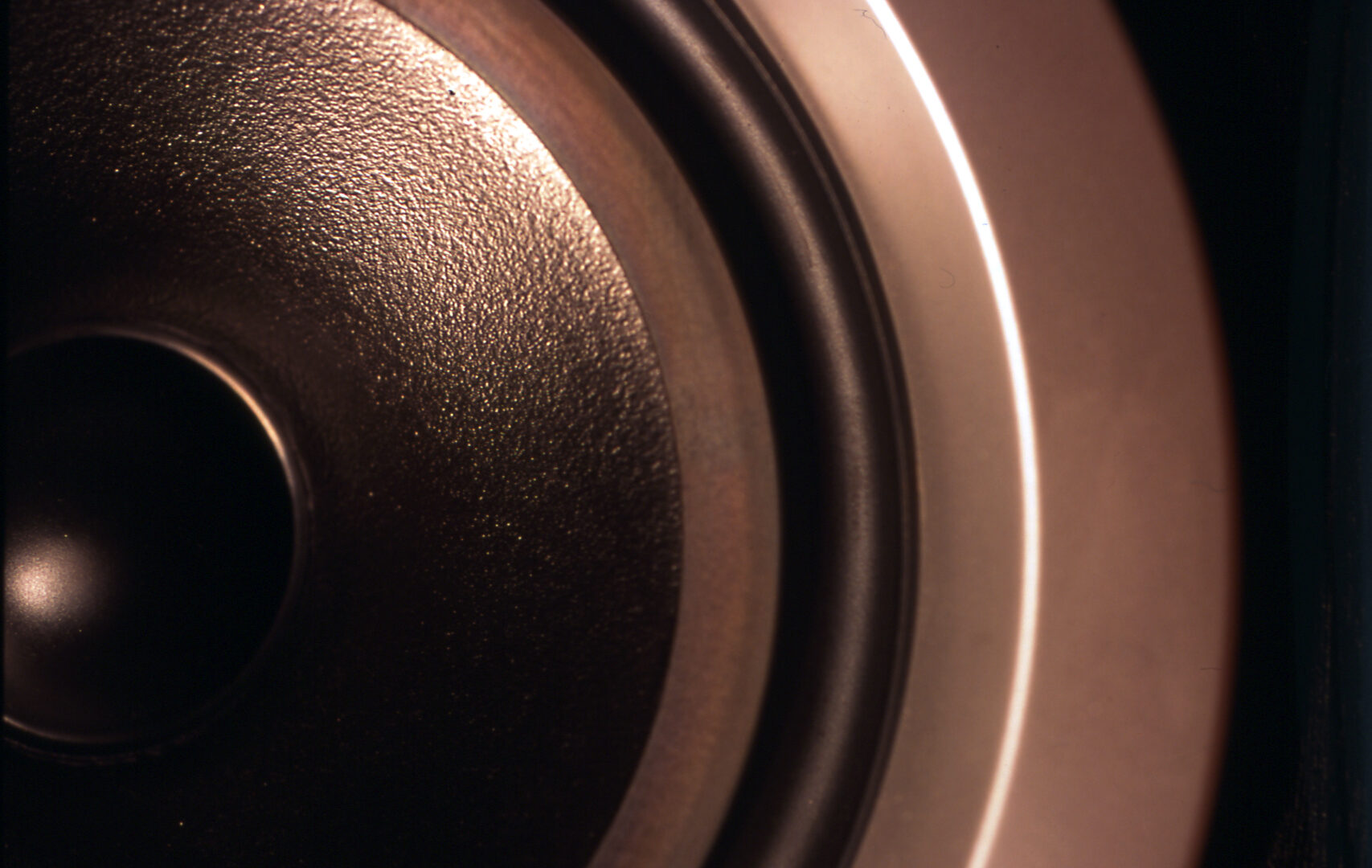If I am to call myself a music artist, surely I must be able to define it. Right? I mean, we all know what music is. We hear a certain sound and think “this is music” and we hear some other sound and think “this is not music”. We know it when we hear it. And then we speak to each other and realize that we all knew different things.
I would like to define music. Not for anyone alse, but for me. So that when people ask me what music is I can provide an answer. Hopefully this text will help you find your own answer to that question.
My search on Google for “define music” provided me with plenty to work with. Surely there are sites out there that can provide some help. I’ll skip Wikipedia for now. Everyone always starts out there so I’ll look at something else before heading there. Instead, to kick things off, I guess a good place to start is to look at how other people have defined music.
Music has healing power. It has the ability to take people out of themselves for a few hours.
Elton John
This isn’t really a definition, it only states some things that music can do. But the quote comes from an article called “What is Music? Music Defined by Musicians.” so it should be a definition, no? Let’s look at some of the other qoutes in the article.
Music is a higher revelation than all wisdom and philosophy.
Ludwig van Beethoven
Yeah, this is completely meaningless. And the other quotes provided in the article aren’t really getting clearer. I don’t mean to say that these sentiments on music are not valid, but they sure aren’t definitions. The closest we come is right at the top of the article:
Music expresses that which cannot be put into words and that which cannot remain silent.
Victor Hugo
I like this for some strange reason. It’s strange because to me the other quotes have the same literary value as motivational posters and I cannot really argue why this is any different. And it’s still not a good definition. I like it, but it’s not concrete enough to base a real definition on though so I’ll leave it for now and see if I can’t find something a bit less heartfelt and more cold and scientific. Perhaps the entry on “music” that I found on “New World Encyclopedia” will be of service?
Well, it starts out fine, giving a few examples of definitions, but then the text becomes a bit wierd. One section sounds like an essay and another claims that Baroque music “has a measurable rhythm that enhances the learning process of the brain so that schools are known to use this as a method of study.” No sources given, sounds like pseudoscience. A sliver of a red flag, perhaps? The site is a wiki so there’s a writing guide. I’ll check it out.
Here facts are integrated with global, universal, or “cosmic” values. This encyclopedia intends to be broader and more inclusive than previous encyclopedias, operating under the belief that some universal principles define the basis of existence. Human beings did not create themselves or evolve randomly.
https://www.newworldencyclopedia.org/entry/Help:Writers_Manual
Ah. So it’s a creationist encyclopedia. Further reading reveals that the Unification Church, also known as the moonies, are behind it. Not really the type of source I want to base my definition on. Perhaps Wikipedia is the correct starting point after all.
Music is the art of arranging sounds in time through the elements of melody, harmony, rhythm, and timbre.
https://en.wikipedia.org/wiki/Music
That’s from their main article on music, but they have a whole article on the definition of music that delves far deeper than that. Which is a good thing because that first definition alone is a bit lacking. Are all the listed elements strictly required? Is a song without rythm really music? Or is it merely required that one of the elements are present?
Similar definitions can be found on other sites, by the way. Merriam-Webster, Dictionary.com and The Free Dictionary all have something to the same effect. Many definitions mention that it has to be a vocal and/or instrumental sound, that it has to have a pattern in time and some definitions mention that it has to be pleasurable or expressive. But to me most of these definitions feel… Exclusive. They miss the mark.
For most people this might not be a problem because most music is not hard to abstract down to the same basic components. We can look at things like rythm or melody and say for sure that there are groups of sounds that together form a cohesive whole with these things present and that there are other sounds that lack them.
Let’s say that you turn on the radio and hear “On The Turning Away” by Pink Floyd. This is, and I’m sure almost everyone would agree, music. Then the music ends and you hear the band talking about how they made the song. It’s still Pink Floyd (and yes, we’re completely ignoring any argument concerning who should have the right to the name) but it’s clearly not music anymore. This is how it is for most cases. Then they play “The Grand Vizier’s Garden Party (Part 2: Entertainment)” from an earlier album. It’s still Pink Floyd, but now things become a bit blurrier. Some sections have a clear rythm, most do not. Same with melody, same with harmony. But there is no better term for the composition than “music”.
Perhaps Edgard Varèse made the best definition so far when describing his own music: “organized sound”. As a definition it would include Madonna, Metallica, Mozart and Merzbow alike while still making it distinct from a painting (which is not a sound) or the sound of waves (which is natural and therefore not organized). It’s fairly good, but to be honest it’s also a bit too inclusive.
What about the foley for a movie? It is clearly organized sound, but it’s also clearly not music. The difference between foley and music is that foley is not organized as a conceptually coherent whole; it is is intended to enhance another piece of art rather than be self-sufficient. But wouldn’t then a speech be a self-sufficient coherent whole? Sure, but in this case the sound is only a medium of communication. The real product is the text. So where does that leave us?
Music is sounds that have been organized into a self-sufficient piece of art that can survive as such even if all meaning and communication is removed from it.
Draugormr (ᛞᚱᚨᚢᚷᛟᚱᛗᚱ)
Is this any good? A speech is reliant on communication and would completely loose its original status as art if that communication is removed. Music can also be communication and can carry meaning, but any song with lyrics can have the lyrics taken away and it would still be a piece of art.
So what of the composition that is perhaps most used in this type of discourse; 4′33″ by John Cage? It seems to satisfy most criteria, but isn’t it all just quiet? No sound? Well, that’s not entirely correct. The composition is indeed made up by sounds; the ambient sounds produced by those in attendance. I’d say it passes as music in my definition.
Will this be the end-all to definitions? No. I’m not big enough in the music world for this to gain any traction and like I stated at the beginning, I’m mostly doing this for myself. I hope you can learn from it too and I won’t mind anyone using my definition, but the main purpose of this exercise was for me to understand what it is I’m doing.
I’m also never going to say that any other definition is wrong. I can state that they’re bad, but any definition is valid in my mind. As long as we can share our definitions we can also know what we mean when talking about stuff and perhaps understand other people a little bit better.

